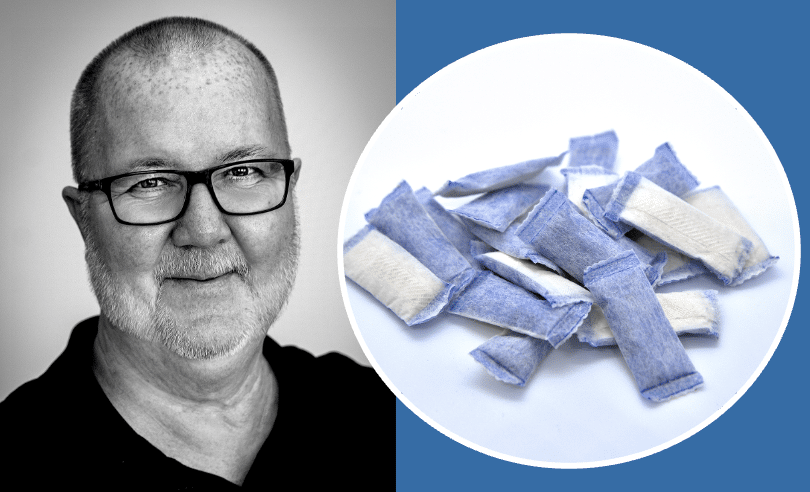
Snus and harm reduction: urgent need to better inform the public
If more people in Sweden and elsewhere knew that snus was less harmful than carcinogenic cigarettes, many lives could be saved, a series of new studies from the US about snus and harm reduction have found.
“Throughout the EU, 355,000 lives could be saved each year,” Karl Olof Fagerström, an associate professor and researcher on tobacco and nicotine, tells Snusforumet.
According to a new survey by the Swedish polling company SIFO, only one in ten Swedish snus users is concerned about the effect of snus on their health, showing that it is well-known in Sweden that snus is less harmful than carcinogenic cigarettes.
Now two studies, one in Addictive Behavior Reports and the other in Nicotine and Tobacco Research, examine how snus and other smokeless tobacco products are perceived in the United States.
The first study looks at how information about harm reducing tobacco products, such as snus, is perceived and received by smokers, former smokers, and people who have never used tobacco products.
It found that up to 69 percent of respondents understood that snus presented fewer health risks than cigarettes, and recognised that snus was still not a health product.
It also found that smokers who received information about the benefits of snus compared to cigarettes might consider quitting smoking and switching to the less harmful alternative.
Only 5.9 percent know truth about snus and harm reduction
However, the level of understanding in the US of the fact that snus is a less harmful alternative to cigarettes could be improved, according to a second study carried out by researchers at Rutgers University.
In the study, smokers were asked if they had noticed the presence of e-cigarettes, snus, or other smokeless tobacco products over the past year, and if the information they had received had also led them to consider switching to one of these smokeless tobacco products.
The results showed that only 5.9 percent of those surveyed understood that snus is less harmful than cigarettes. At the same time, 29 percent said that they had received information that e-cigarettes are less harmful than regular cigarettes.
About a quarter (24–27 percent) said that they might switch from cigarettes to products with harm reduction benefits.
Expert: the goal should be to save lives
Karl Olof Fagerström, a member of the Snus Commission, has been involved in research on smoking cessation since the 1970s and is a strong advocate of the principle of harm reduction.
Harm reduction means offering a less harmful alternative to people who are addicted to nicotine, so that they have a greater opportunity to quit smoking and thereby reduce the risk of developing cancer or other deadly diseases.
“The authorities should tell the truth, not lie or try to obscure reality,” he says.
“All tobacco is addictive and snus is not a health product. But snus does not cause cancer, for example, and if I were a politician, I would hold the principle of harm reduction high.”
According to Fagerström, the debate is starting to move in the right direction, even though progress so far has been slow. He points out, for example, that the US Food and Drug Administration (FDA), now classifies Swedish snus as a tobacco product that is “less risky”.
“But things are still moving too slowly. The problem is that many people aim to destroy the tobacco industry at all costs, not to save lives. And for them, harm reduction is not an option,” he says.




